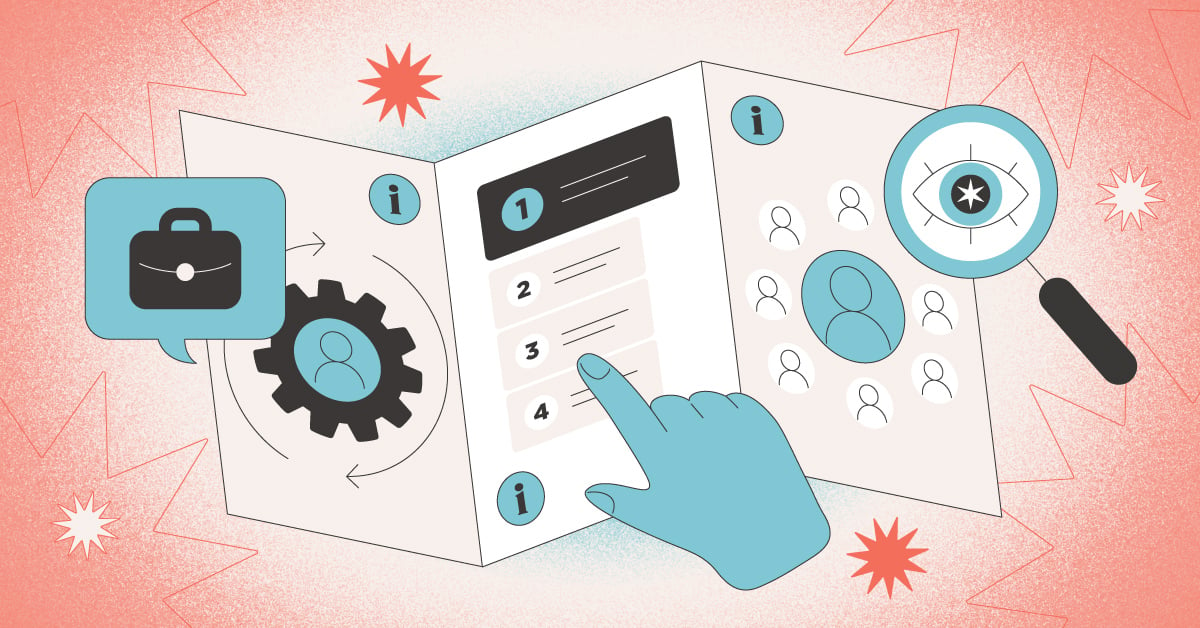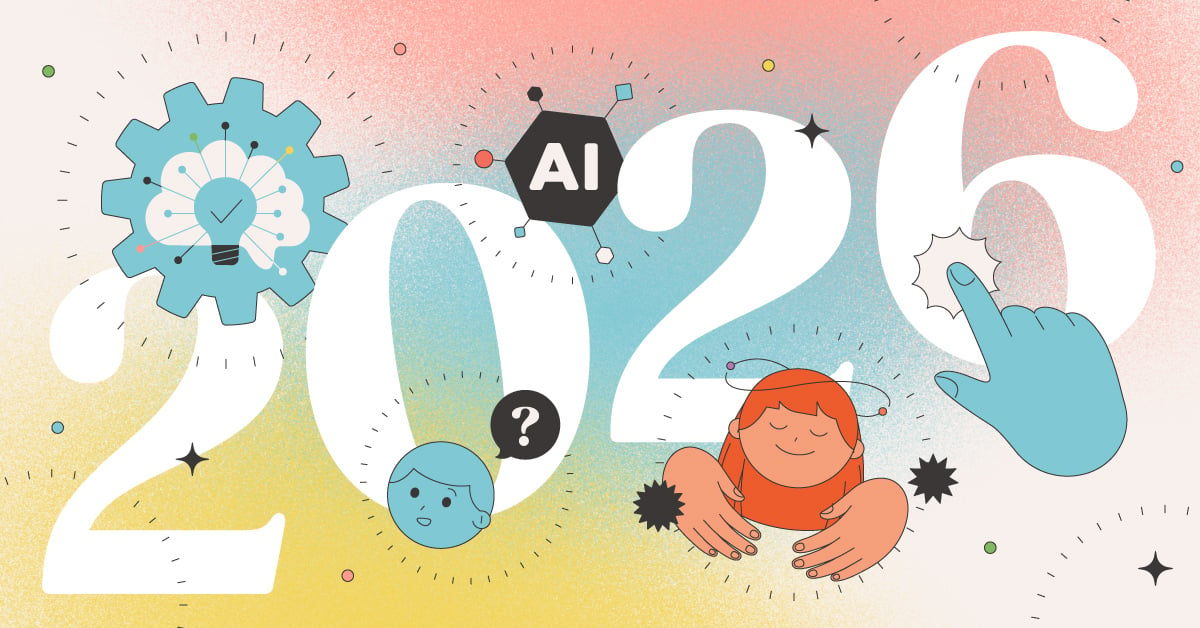
The Impact of Known Unknowns & Unknown Unknowns
No one likes to be blindsided, hit from out of nowhere by another vehicle or by information that dramatically alters our perception of reality.
That's why cars now have "blind spot" detectors, why insurance exists, and why corporations are adopting the mantra "hire slowly."
People don’t like the "unknown" but there are two types of "unknowns."
"There are known unknowns. That is to say, there are things we now know we don’t know. But there are also unknown unknowns. These are the things we do not know we don’t know. U.S. Secretary of Defense, Donald Rumsfeld, Press Conference, June 6, 2002"
It's one thing to recognize you need answers to your questions.
It’s quite another to not even know what questions to ask because, well, you just don’t know. And just like on the world stage of politics, the unknown unknowns in business can spell the difference between success and failure … or success and mediocrity.
Known unknowns are pretty easy to classify. These are simply questions you have and know to should ask. Questions like:
- Can you tell me a little about your work history?
- How many more units until we hit quota?
- Why did you leave your last job?
- Why are you interested in working with us?
- How does our product stack up against the competition?
Unknown unknowns are those things you don’t even think about asking. For example:
- Will she let her employees take advantage of her?
- How will his decision making be affected by his high Social motivator?
- What is her capacity for leadership? For holding others accountable? For holding herself accountable?
- What job candidates have we excluded for reasons of our own convenience … or ignorance?
- He was creative when he worked for a giant company, but really, how much was HIS creativity?
When our own knowledge or expertise isn’t 100 percent complete, we can make incorrect decisions yet be completely blindsided as to why we didn’t achieve the intended results.
"We don’t know what we don’t know."
Several years ago, I toured a room in a home that had been seized by the U.S. Drug Enforcement Agency. It was to be auctioned in a few weeks, and I set up an appointment to walk through it. It was very large, had eight bedrooms and 10 bathrooms. Amenities galore.
I descended the stairs into the fully finished basement and was taken aback at the size of the room.
It was massive, but I noticed that in the corner of the room, the carpet was disturbed in an arc pattern, like a door had been opened … but no door was apparent until I slid the mahogany panel to my right and found a large, steel door leading to a safe room.
This room wasn't mentioned on any of the fliers, and since it wasn’t locked, I walked in to find it empty, with several opened floor safes, a very large wine rack, and a large gun rack. I wondered how many people had been through that room and never noticed, or even thought to inquire.
For them, the room was another unknown unknown.
Recognizing that there are "unknown unknowns" isn’t enough. We have to actually do something about them. The "unknown unknowns" dilemma is precisely why using validated job benchmarks and talent assessments are critical in making the right hiring choices.
"Ignorance more frequently begets confidence than does knowledge ~ Charles Darwin"
A “known” in the hiring process is that the right people can make or break your company.
But the information hiring managers and HR personnel can glean from a keyword-stuffed application, a professionally written resume, two very vague reference checks, and a 30-minute interview pales in comparison to the data-rich information from a TTI TriMetrix HD assessment.
According to professor David Dunning, "Put simply, people tend to do what they know and fail to do that which they have no conception of. In that way, ignorance profoundly channels the course we take in life. People fail to reach their potential as professionals, lovers, parents and people simply because they are not aware of the possible."
Capacity — what is possible? But what is possible that you have no idea about?
- What IS possible for the job candidate that was rejected yesterday? Was she just not quite "good enough?" Why? Can you quantify it?
- What IS possible for the new marketing intern? Is he more creative than anyone on staff now?
- What IS possible for your new chief financial officer? Can she collaborate with others to get work accomplished?
- What IS possible for that new salesperson? Can he inspire trust and build relationships naturally?
How much vital information have you not even known was available about a job applicant or development candidate? How well do they measure in categories like conceptual thinking, understanding others, resiliency, or interpersonal skills?
Until and unless you're presented with the correct information that uniquely applies to both the needs of the open position and to the candidate, what is the quality of your decision-making regarding job applicants?
Do you like your answer?



